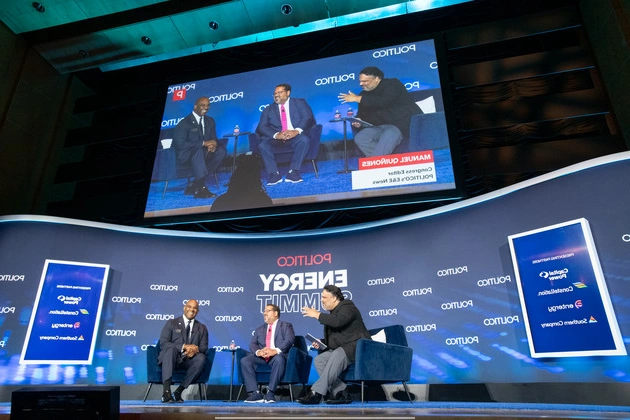
Republicans are pushing for an expansion of power production to strengthen the grid and support the growth of data centers. However, their own megabill may have unintended consequences.
The Renewable Energy Dilemma
The reconciliation bill passed by the House aims to reduce clean energy tax credits established by Democrats in the 2022 Inflation Reduction Act, particularly targeting wind and solar energy sources. President Donald Trump has criticized these subsidies as the ‘Green New Scam,’ advocating for these technologies to be self-sustainable after years of support.
Despite these intentions, the abrupt removal of investment and production tax credits could negatively impact businesses that have heavily invested based on the existing regulations.
Challenges for Energy Companies
Several energy companies have expressed concerns that the House bill could lead to the cancellation of numerous electricity generation projects. This comes at a time when utilities across the nation are gearing up for increased power demand from AI data centers.
John Ketchum, chair and CEO of NextEra, emphasized the importance of maintaining a balance between traditional and renewable energy sources. He warned against excluding renewables from the energy mix, highlighting the potential risks to economic growth.
Diversifying Energy Sources
Former Federal Energy Regulatory Commission Chair Neil Chatterjee stressed the need to complement fossil fuels with renewables and emerging technologies like geothermal and nuclear energy. He emphasized the importance of diversifying the energy portfolio to ensure reliability and affordability.
While acknowledging the benefits of nuclear energy, Chatterjee underscored the essential role of renewables in the energy transition.
Policy Recommendations and Concerns
Senator John Curtis proposed a phased approach to phasing out clean energy tax credits, aligning the transition with the commencement of new projects rather than their electricity production phase. This adjustment aims to provide clarity and stability for investors in the sector.
Senator Martin Heinrich raised concerns about the bill’s restrictions on foreign involvement in energy projects, calling for revisions to ensure practicality and effectiveness.
Former Energy Secretary Jennifer Granholm highlighted the bill’s potential if key provisions are modified, including the restoration of rules facilitating the trading of tax credits among companies.
Industry Perspectives and Future Implications
Industry leaders and policymakers continue to debate the merits and drawbacks of the GOP megabill. The energy sector faces uncertainties amid shifting policies and evolving technologies.
As the energy landscape evolves, stakeholders must navigate the complexities of balancing economic growth, energy security, and environmental sustainability.
Stay tuned for updates on the evolving energy policy landscape and its impact on the future of US energy production.











